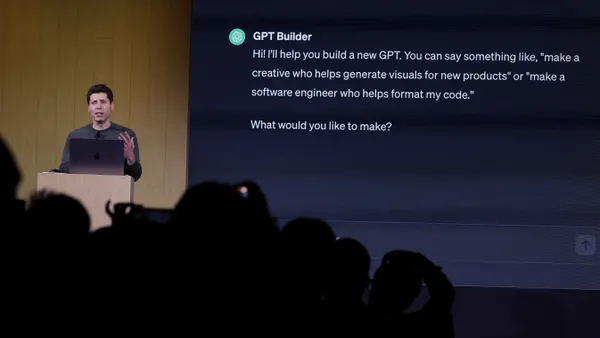U.S. workers face several barriers to training today, whether by lacking access to relevant programs or an understanding of how upskilling could lead to career advancement, according to a July 11 report from D2L, a global learning technology company.
Overall, workers want to learn and consider training to be critically important amid the current economic environment and pace of technological change. However, continuous upskilling is still not the norm.
“We know how important learning is to both individuals and organizations to stay competitive, but we can also see that workers are still finding the micro-credential environment difficult to navigate,” John Baker, CEO of D2L, said in a statement.
In the report, only about a third of U.S. workers had taken any professional education or training during the previous year. At the same time, 80% expressed interest in training during the next 12 months, and that interest increased with age.
Despite the interest, about 25% of those surveyed weren’t sure where to find micro-credential or targeted training opportunities. About 20% said they would consider either online courses or certificates from a company, professional association or their current employer.
However, workers named some concerns and barriers. About a quarter said they weren’t sure how a micro-credential could help them move forward in their career. More than half also said they would find it helpful to have an online platform to compare courses, as well as financial support to enroll in training.
“Collectively, we’ve made great strides in bringing high-quality education opportunities closer to workers that need them to develop their skills, including with new technology,” Baker said. “Together with organizations and higher education partners, we will keep working to make micro-credentials accessible, make their adoption frictionless, and make employee progress easier to track, for far greater overall impact.”
As more employers turn to training programs to upskill their employees — with some even adopting “skills-first” workplaces — questions remain about the best ways to find programs, determine the credibility of credentials and document skills-based training on job applications. Some federally funded workforce programs, for instance, aren’t required to offer a credential, which can leave learners without a tangible way to show their participation.
In addition, hiring platforms may not be able to capture credentials and training documentation, or they may prioritize traditional education over non-degree programs. Talent acquisition and retention teams have voiced concerns about the need to build technology and internal processes to better capture this information as the upskilling trend continues.










